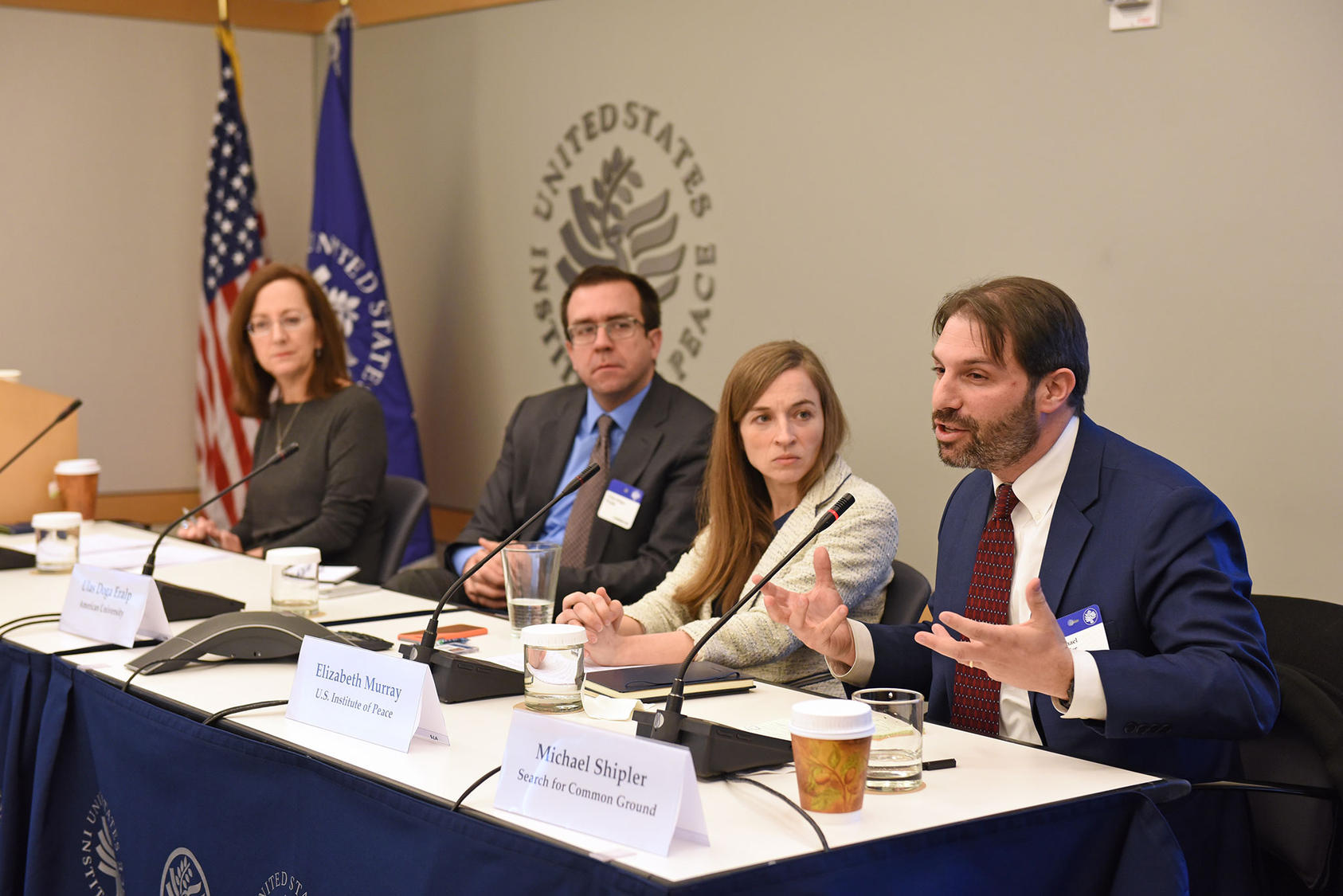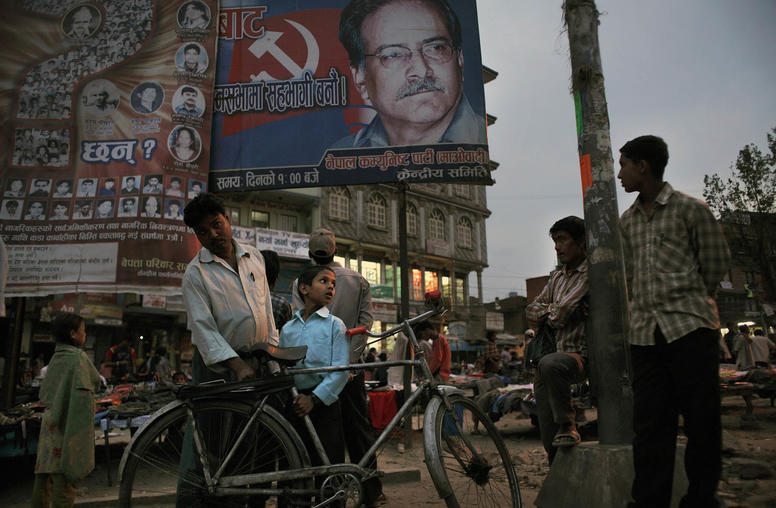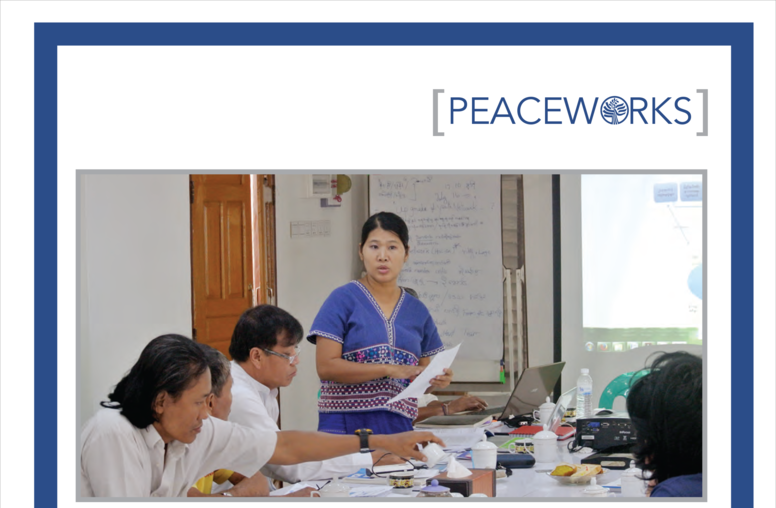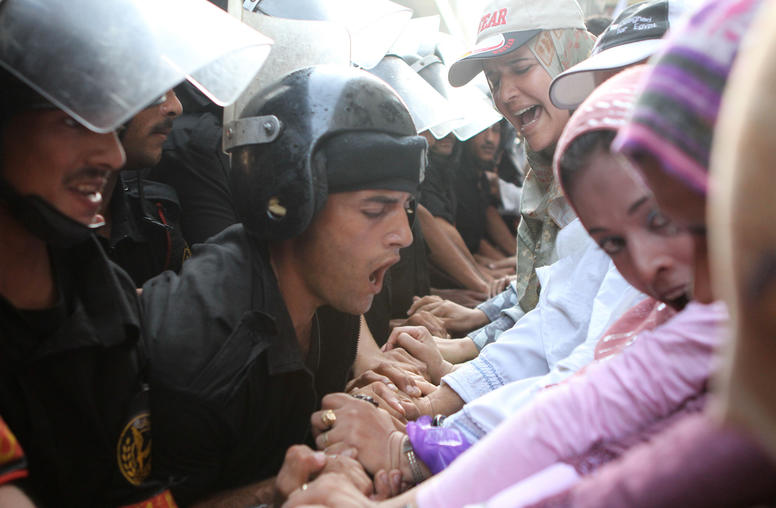Building Inclusive, Stronger Peace Processes: Here’s How
Experts Offer Case Studies -- Sudan to Nepal to El Salvador -- on Sustainable Peacemaking
Specialists in peace processes have understood in recent years that a vital element for ending or preventing warfare is inclusion—ensuring that all groups in a society have their voices heard and their critical concerns met. But what are we learning about how to do that, and do it better? On January 31, veterans of peace processes from Nepal to South Sudan to El Salvador to Turkey discussed the lessons offered by their recent experiences.

Speakers at this forum have worked on violent conflicts from across several continents, to build peace processes that are inclusive. Their experiences include: working on “national dialogues,” such as those aimed at stopping civil wars in South Sudan or in Yemen. The case studies also included promoting dialogue and conciliation between the government and minority groups in Turkey, and building a public sense of legitimacy and confidence in a peace process in El Salvador that involved armed opposition groups.
This discussion is part of the Conflict Prevention and Resolution Forum, a consortium of seven Washington-area organizations, including USIP, that have worked since 1999 to share ideas from across disciplines that can improve our ability to manage conflicts and prevent violence.
A recording of the event can be found on this event page.
Speakers
Achim Wennmann
Executive Coordinator, Center on Conflict Development and Peacebuilding, The Graduate Institute
Jonathan Cohen
Executive Director, Conciliation Resources
Ulas Doga Eralp
Professional Lecturer, School of International Service, American University
Mari Fitzduff
Director, Master of Arts Program in Coexistence and Conflict, Brandeis University
Michael Shipler
Regional Director, Asia, Search for Common Ground
Elizabeth Murray
Senior Program Officer, Middle East and Africa, U.S. Institute of Peace
Colette Rausch, Moderator
Associate Vice President, Global Practice and Innovation, U.S. Institute of Peace



